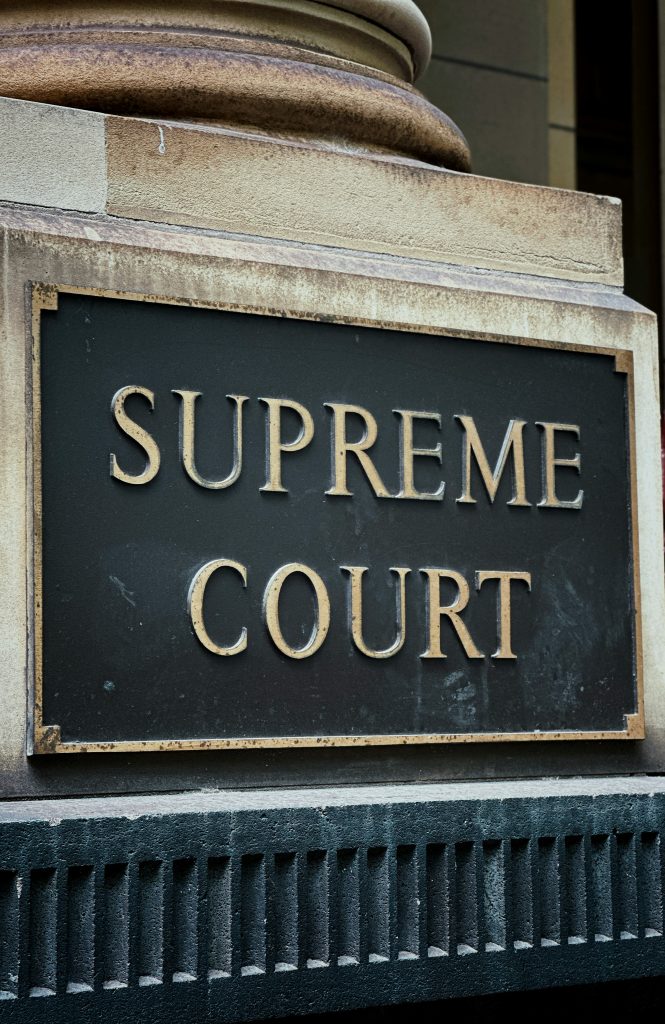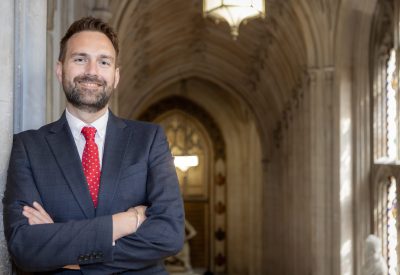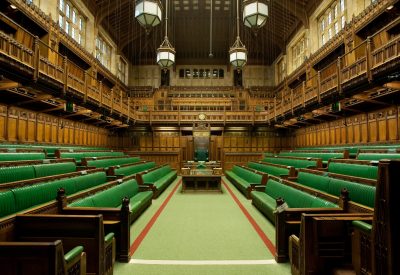From the outset, I want to make it clear that the Supreme Court is not part of the Government and functions independently of Parliament. As such, Parliament plays no role in its judgments.
Secondly, the Court strongly and unequivocally reaffirmed that the Equality Act continues to protect all trans people from discrimination under the characteristic of Gender Reassignment.
While the ruling did address certain issues around how single-sex spaces are treated under the Equality Act, that legal protection of trans people remains, and it matters.
However, this complexity points to the challenge of navigating issues of equality, rights, and identity in today’s political and social climate. To say it is challenging is an understatement – and I’ll be honest, I often struggle with knowing what the right thing to do is in a world that can feel increasingly hostile and adversarial.
I consider any public intervention through a prism of minimising harm, carefully considering the impact my actions and words may have, including unintended consequences, on the public and relevant communities. I am acutely aware of how well-intentioned interventions by people with a profile can have a detrimental impact on the lived experience of the very people they wish to support.
I am grounded in a simple but sadly, not a universally held belief: that everyone deserves to live with dignity, safety, and respect. I am fully aware that many trans, non-binary and intersex people are struggling to live with dignity, safety and respect today and this is not acceptable. I believe that we must strengthen local community-based support to improve lived experiences, and renew our efforts at the national, strategic level, to present a vision for a world with less discrimination, harassment and hate. This might sound simple, but I am very aware that both local support and national strategy and advocacy has diminished over recent years, and the cross-party-political consensus has disappeared.
I am clear that if we are to improve and create a better world for the next generation, we have a lot to do to rebuild both community and national advocacy and support. I lived through the impact of Section 28 as a gay kid in an English school in the 90s, and I see so many parallels with what happened then to now and it is not OK. I hope it’s reassuring that I meet regularly with North Somerset LGBT+ Forum, with Clare Moody the Labour Police and Crime Commissioner for Avon and Somerset, North Somerset Council and at a national level, I am a member of the LGBT Parliamentary Labour Party and LGBT+ Labour. I play an active role with all these groups to foster better relations between communities, minimise hostility and challenge discriminatory behaviour and criminality.
Before I entered politics, I worked for Stonewall, an organisation committed to trans inclusion and equality. That experience taught me the importance of listening to lived experience, strong local community support and standing up for people who are too often marginalised or misrepresented.
The Supreme Court’s recent ruling is significant, and we are all trying to make sense of it. Unlike some, I am not of the opinion that the judgement makes anything clearer and we are already seeing the real-life impact and unintended consequences of knee-jerk, uninformed actions by organisations which should absolutely know better.
On 25 April 2025, the Equality and Human Rights Commission (EHRC) released an update on the practical implications of the UK Supreme Court judgment. While this update is not legally binding, it signals the EHRC’s intention to revise its guidance, known as the Code of Practice, to direct how organisations should apply the Equality Act.
To ensure this process is thorough and informed, the EHRC will hold another public consultation starting in mid-May, “seeking views from affected stakeholders”. This is a crucial opportunity for people directly impacted by these changes to have their voices heard and help shape how the law will be understood and applied moving forward.
Following the consultation, the EHRC plans to send a revised draft of the guidance to the Minister for Women and Equalities by the end of June. If the Minister approves the draft, it will be presented to Parliament. Both the House of Commons and the House of Lords will then have 40 days to raise any objections. If neither House objects during that period, the revised Code will come into effect.
I recently met with Dame Nia Griffith MP, the Parliamentary Under-Secretary of State for Equalities and Minister with responsibility for LGBTI+ equality, to discuss how we work together to support everyone to understand and work through what the Supreme Court judgment means in practice. These conversations are vital in ensuring clarity, compassion, and a shared commitment to upholding people’s rights.
I was glad to hear the Prime Minister acknowledge at Prime Minister’s Questions, under sustained attack from the Leader of the Opposition, that we must take the heat out of this debate and that we need to stop using people’s lives as political footballs. He said that everyone should be treated with the dignity and respect they deserve, and I wholeheartedly agree.






